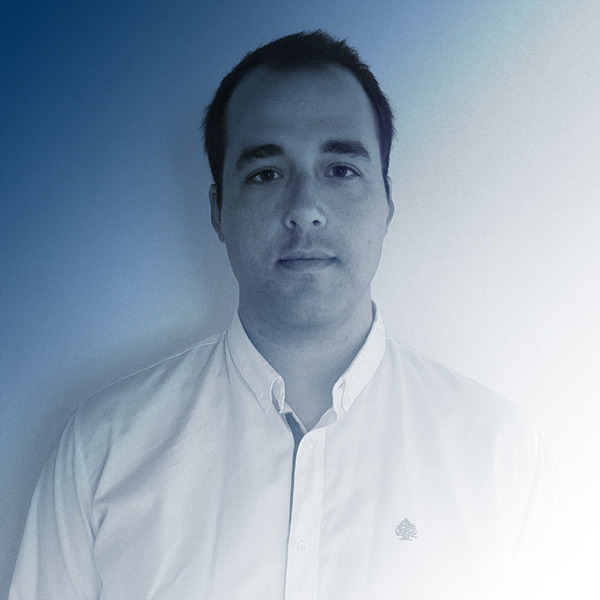The Project
A Project that explores acoustics to protect seabirds on offshore energy facilities
ARTSurf TEC results from a partnership and exchange of knowledge between Strix and the Norwegian Institute for Nature Research.
The project focuses on developing an innovative solution combining avian radar technology with microphones. The tool adds species identification capacity to radar technology, cataloging the various species and providing crucial and necessary information for decision making. This development enables the complete and comprehensive surveillance of seabirds and migrating land birds in the marine environment together with its local soundscape.
This innovative technology allows us to identify seabirds and migratory birds that usually forage close to the offshore wind farm, contributing effectively to the reduction of seabird mortality and the conservation of protected species, as well as providing an important support tool in the development and sustainable operation of offshore wind farms.
Estimated bird fatality caused by windfarms every year worldwide
New offshore windfarm facilities expected until 2030 around the world
Estimated efficiency on avoiding bird and bat mortality with our solution

Wildlife challenges of offshore wind energy
The location of wind turbines in the marine environment implies several challenges to wildlife. Wind turbines are intrusive structures in the environment which can be responsible for thousands of bird fatalities every year.
Deploying wind turbines in the marine environment has a significant impact on seabirds, migratory birds and other wildlife. Thus, it is necessary and urgent to find a solution to reconcile the protection of birds with the development of offshore wind power.
How can ArtSurf TEC contribute to an even more sustainable and efficient wind energy sector?
-
Adding species identification
capacity to avian radar technology
Through extensive research and development, we are pushing the boundaries of avian radar technology to achieve accurate and reliable species identification. Our team of experts is working diligently to analyze vast amounts of radar data, refine algorithms, and optimize the software to ensure precise species recognition. By expanding the capabilities of avian radar, we can enhance our understanding of avian ecology, contribute to biodiversity conservation efforts, and support sustainable wind energy development.
-
High definition modelling and
collision risk assessment of offshore birds
Our team is at the forefront of developing state-of-the-art collision risk assessment methodologies for offshore birds. By integrating acoustic solutions to our Radar technology and advanced statistical modeling, we are able to generate precise collision risk estimates. These assessments will provide critical information for wind farm developers, conservation organizations, and regulatory bodies, facilitating informed decision-making and ensuring the sustainable development of offshore wind energy.
-
Reducing energy losses and
consent risk of offshore wind development
As part of our project, we are dedicated to reducing energy losses and consent risk associated with offshore wind development. By implementing innovative technologies and best practices, we aim to optimize energy production while minimizing the environmental impact. Our team is actively researching and developing strategies to mitigate potential issues. Through careful planning, advanced monitoring systems, and ongoing optimization, we strive to maximize the efficiency and sustainability of offshore wind farms.
-
Also fit-for-purpose for land
based energy facilities
In addition to our focus on offshore wind energy, our project also aims to develop solutions that are fit-for-purpose for land-based energy facilities. We recognize the significance of land-based wind farms in the transition towards renewable energy. By leveraging our expertise and experience, we are working on adapting our technology to address the unique challenges and requirements of onshore wind installations. This expansion will further contribute to avian conservation efforts and promote the sustainable development of land-based wind energy projects.
The Team

Miguel Repas
Project Director
Luis Pina
Project Manager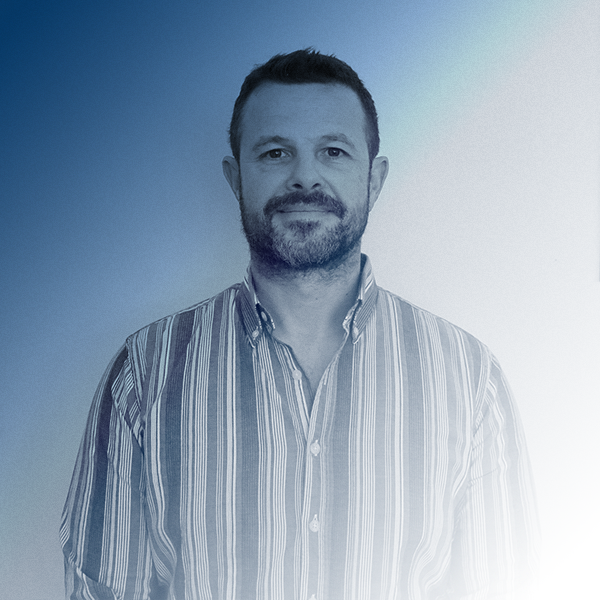
Ricardo Oliveira
Technical Coordinator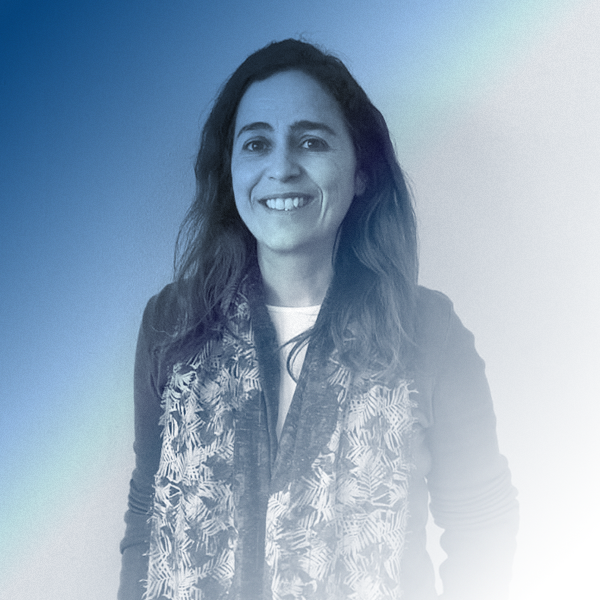
Ana Horta
HSE Manager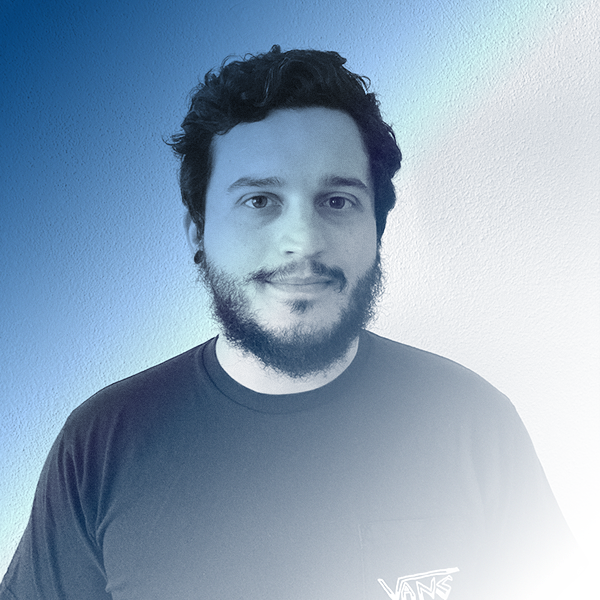
Luis Moleirinho
Communication and Design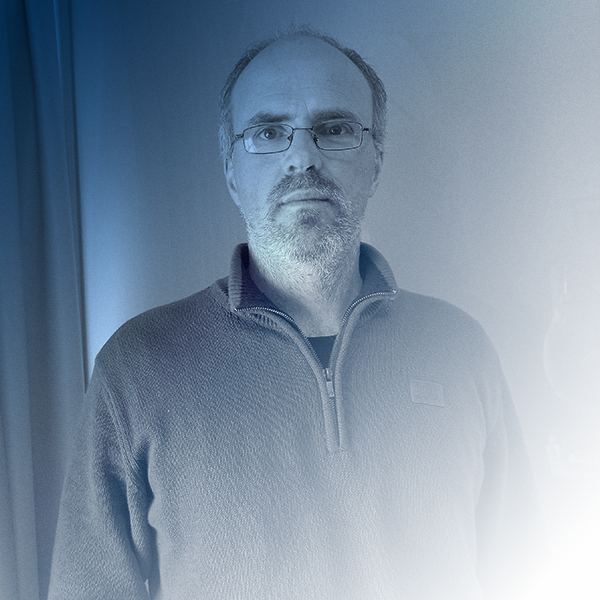
Pedro Cardia
Ornithologist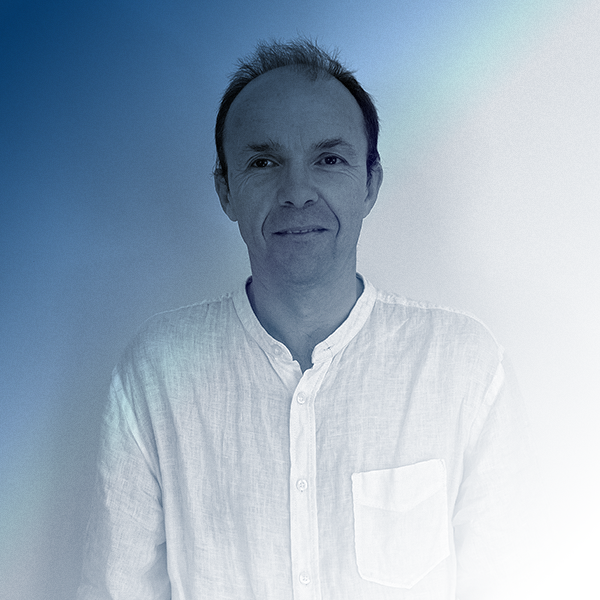
Magnus Robb
Bird acoustics Specialist
Roelof May
Senior Research Scientist
Bard Stokke
Senior Research Scientist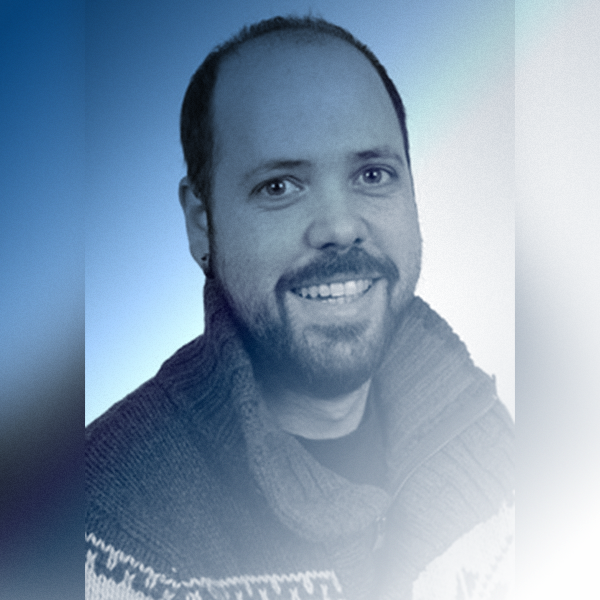
Diego Pavon-Jordan
Researcher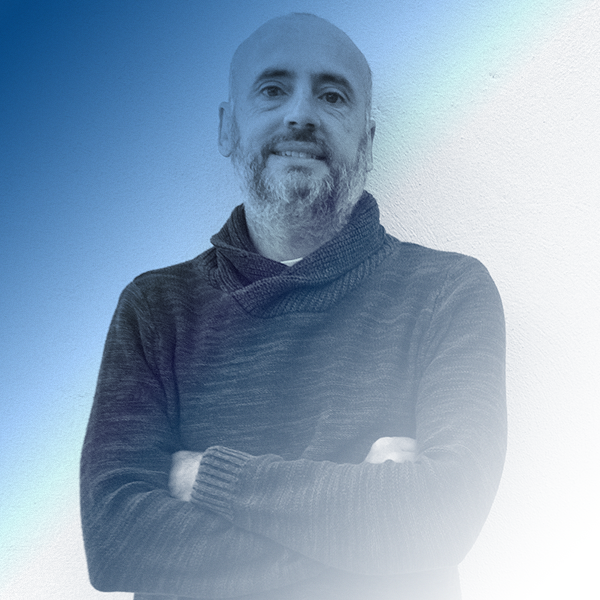
Jorge Maria
Mechanical Design
Tiago Garcia
R&D Software Engineer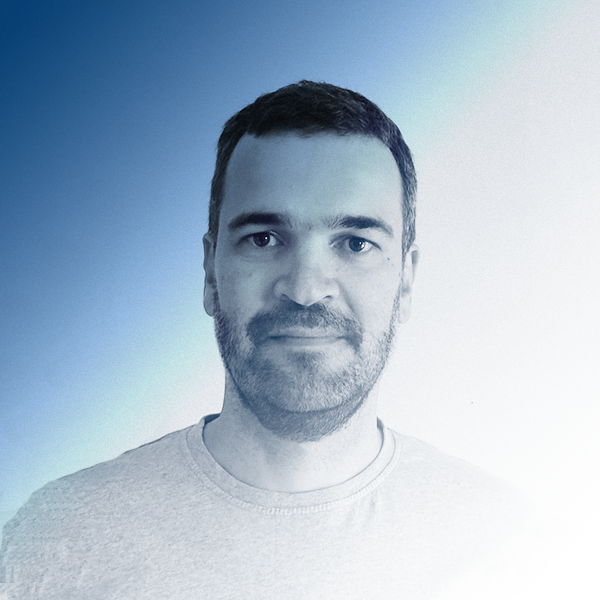
Luis Ferramacho
Senior Developer
Ricardo Araujo
Senior Developer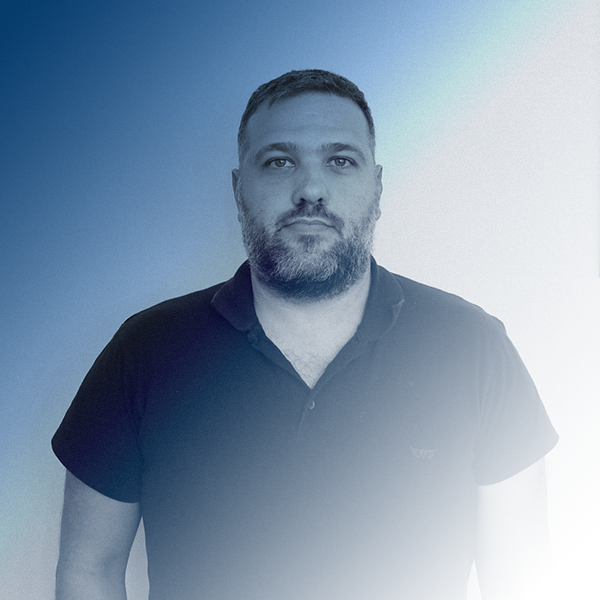
Pedro Garcias
Senior Developer